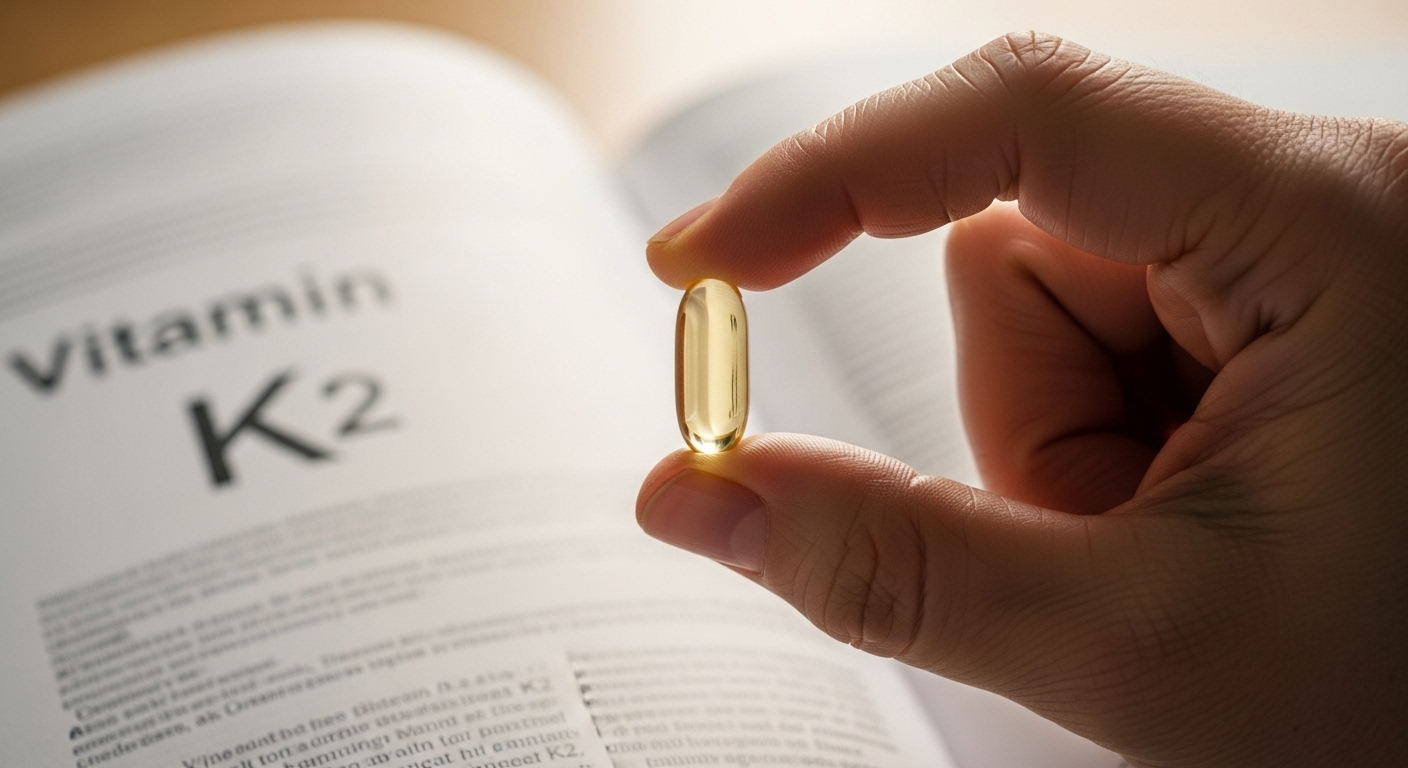Microdosing Nutrients: The Next Frontier in Personalized Nutrition
Imagine a world where your daily vitamin regimen is as unique as your fingerprint. A world where nutrients are delivered in precise, microscopic doses tailored to your individual needs. This isn't science fiction—it's the emerging field of nutrient microdosing, and it's poised to revolutionize how we approach nutrition and wellness.

The Science Behind Nutrient Microdosing
At its core, nutrient microdosing is based on the principle of hormesis—the biological phenomenon where a beneficial effect results from exposure to low doses of an agent that is otherwise toxic or lethal when given at higher doses. In the context of nutrition, this means that smaller, more frequent doses of nutrients may be more effectively utilized by the body than larger, less frequent doses.
Research in the field of nutrient kinetics has shown that the body’s ability to absorb and utilize nutrients can vary greatly depending on the dosage and timing of intake. Microdosing takes advantage of this by delivering nutrients in a way that mimics how they naturally occur in whole foods, potentially enhancing bioavailability and reducing the risk of excess accumulation or wastage.
Precision Nutrition: Tailoring Doses to Individual Needs
One of the most exciting aspects of nutrient microdosing is its potential for personalization. As our understanding of nutrigenomics—the study of how genes interact with nutrients—advances, it becomes increasingly clear that nutritional needs can vary significantly from person to person based on genetic factors, lifestyle, and environmental influences.
Microdosing protocols can be fine-tuned based on an individual’s genetic profile, metabolic rate, gut microbiome composition, and even daily activities. This level of precision allows for a truly tailored approach to nutrition, potentially addressing deficiencies and optimizing health outcomes with unprecedented accuracy.
The Potential Benefits of Nutrient Microdosing
Proponents of nutrient microdosing argue that this approach offers several advantages over traditional supplementation methods:
-
Enhanced absorption: Smaller doses may be more easily absorbed and utilized by the body, reducing waste and potential side effects.
-
Sustained nutrient levels: Frequent, small doses can help maintain more consistent nutrient levels in the body throughout the day.
-
Reduced risk of toxicity: Microdosing minimizes the risk of overconsumption and potential toxicity associated with high-dose supplements.
-
Improved cellular function: By providing nutrients in a more bioavailable form, microdosing may support optimal cellular processes and energy production.
-
Personalized optimization: The ability to fine-tune dosages allows for a more precise approach to addressing individual nutritional needs.
Challenges and Considerations
While the concept of nutrient microdosing is promising, it’s not without challenges. Accurately measuring and delivering such small doses can be technically demanding, requiring specialized equipment and expertise. Additionally, the long-term effects of this approach are still being studied, and more research is needed to fully understand its impact on health outcomes.
There are also regulatory considerations to navigate, as current dietary supplement guidelines may not adequately address the unique aspects of microdosing protocols. As this field evolves, it will be crucial to develop appropriate standards and guidelines to ensure safety and efficacy.
The Future of Nutrition: From Macro to Micro
As we look to the future, nutrient microdosing represents a paradigm shift in how we approach nutrition and supplementation. By moving away from the one-size-fits-all model of traditional vitamins and embracing a more nuanced, personalized approach, we may be able to unlock new levels of health and wellness.
Emerging technologies, such as wearable nutrient sensors and AI-driven nutritional analysis, are poised to further enhance the precision and effectiveness of microdosing protocols. These advancements could lead to real-time nutrient tracking and dosage adjustments, creating a dynamic and responsive system for optimizing nutritional intake.
Microdosing Marvels: Fascinating Facts and Practical Tips
-
Did you know? Some nutrients, like vitamin C, have a shorter half-life in the body, making them ideal candidates for microdosing throughout the day.
-
Tip: Start small when experimenting with nutrient microdosing. Begin with one or two key nutrients and gradually expand your protocol based on your body’s response and professional guidance.
-
Fun fact: The concept of microdosing has roots in homeopathy, an alternative medicine system developed in the 18th century that uses highly diluted substances.
-
Practical advice: Keep a detailed log of your microdosing regimen and any changes in your health or well-being to help identify optimal dosages and timing.
-
Interesting tidbit: Some researchers are exploring the potential of nutrient microdosing in space travel, where efficient nutrient delivery is crucial for astronaut health.
As we continue to unravel the complexities of human nutrition, nutrient microdosing stands out as a promising frontier in our quest for optimal health. By harnessing the power of precision and personalization, this innovative approach has the potential to transform how we nourish our bodies, offering a glimpse into a future where nutrition is truly tailored to the individual. While more research is needed to fully understand its long-term impacts, nutrient microdosing represents an exciting step forward in the evolution of nutritional science and wellness practices.




